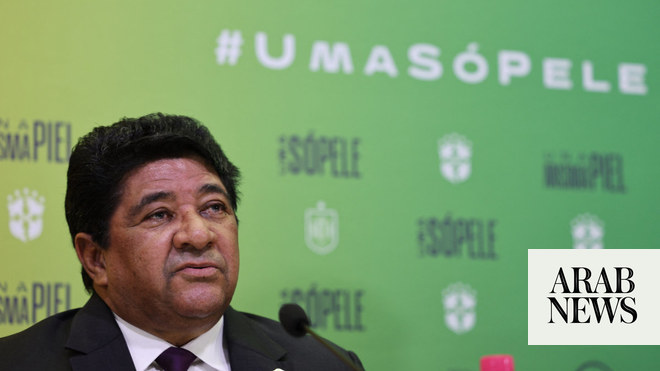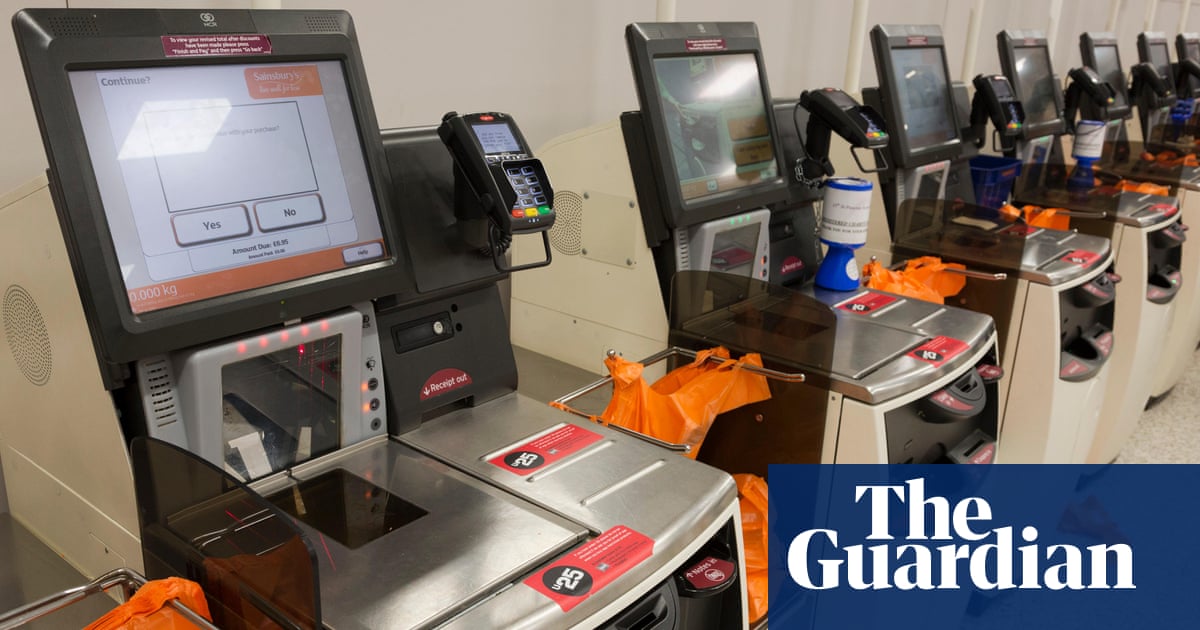
BEIJING (Reuters) - Former Hong Kong Chief Executive C.Y. Leung, among the most vocal supporters of Beijing’s moves to tighten control over the territory, did not rule out a return to his former post in an interview on Wednesday.
“I’d do anything to serve Hong Kong well and to serve the country,” said Leung, who was chief executive from 2012-2017 and is vice chairman of China’s top political advisory body the Chinese People’s Political Consultative Conference (CPPCC), when asked if he ruled out the possibility of returning to the post.
“I’ve not been exactly sitting on my hands in the past three years,” he said.
Asked if he is open to running for - or being selected as - Hong Kong’s next chief executive, Leung listed the position’s requirements: a Chinese citizen at least 40 years old who has lived in Hong Kong for more then 20 years.
“So, I am among millions of Hong Kong people who are eligible,” Leung said during a video interview in Beijing, where the CPPCC gathers for its annual meeting starting on Thursday, alongside the annual meeting of China’s National People’s Congress (NPC), or parliament.
POTENTIAL SUCCESSOR
Leung, 66, has long been tipped in Hong Kong political and business circles as a potential successor to current leader Carrie Lam, given his continued high profile and the surprise of his announcement in late 2016 that he would not stand for a second term for family reasons.
Lam’s five-year term expires in March 2022.
Leung declined to give details on potential changes to Hong Kong’s electoral system, which the NPC is expected to consider.
“It’s very likely that if we do not do anything to the election system, our elections may end up with disloyal and unpatriotic members of the legislature,” and even as chief executive, he said.
Lam’s tenure has been marked by turmoil.
Hong Kong was rocked by months of anti-government protests in 2019, leading Beijing to impose sweeping national security legislation last year that has crippled the pro-democracy opposition in the city.
Last year, Leung and his predecessor, Tung Chee-hwa, formed the Hong Kong Coalition, an organisation of establishment figures focused on reviving the city’s economy and resolving its political crisis.
Leung also believes the current practice of choosing the chief executive, now elected by a 1,200-member committee, is not set in stone.
He cited Article 45 of Hong Kong’s Basic Law to say that the chief executive could be elected - or selected through consultation.
“The likelihood is that we will use election, but with selection as possible fallback,” he said.












